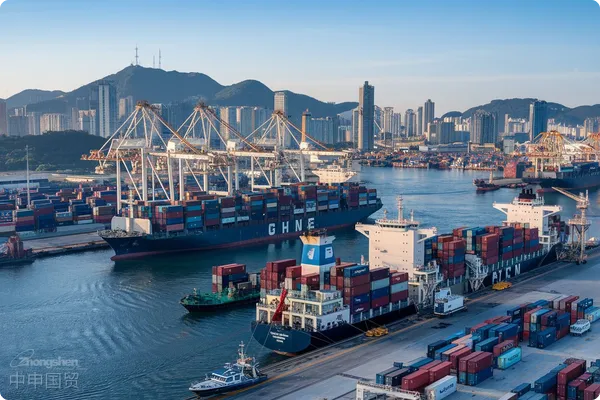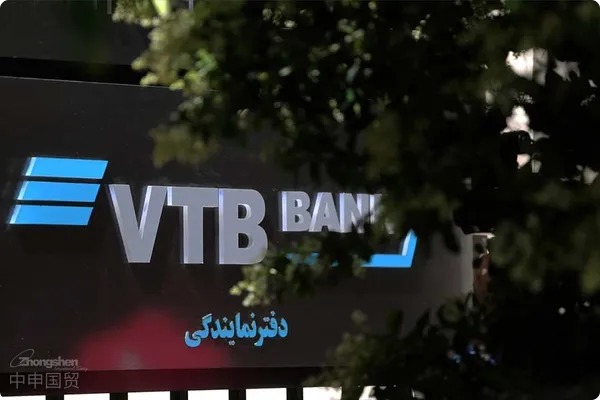- Shanghai Zhongshen International Trade Co., Ltd. - Two decades of trade agency expertise.
- Service Hotline: 139 1787 2118
Brazils ongoing tax reform could make it the country with the highest value-added tax (VAT) rate in the world. According to a report by the Tax Foundation in Washington, Brazils VAT rate may reach 27.97%, exceeding Hungarys current 27% rate and far above the U.S. average of 6.6%.

Brazils tax reform has been debated for years and is strongly supported by President Lula. Recently, the Chamber of Deputies amended the tax reform bill, raising the proposed VAT rate from 26.5% to 27.97%. This adjustment aims to ensure sufficient government revenue from consumption taxes to fund public spending and other tax relief programs.
Notably, despite the high overall VAT rate, Brazil has introduced tax exemptions for essential goods. Basic necessities such as meat, cheese, rice, and certain medicines will enjoy zero VAT. This measure seeks to reduce living costs for low-income groups and ensure access to basic needs remains unaffected by the high tax rate.
The primary rationale behind Brazils high-rate tax reform is to address fiscal deficits and maintain public spending levels. In recent years, Brazil has faced significant fiscal pressure due to high public expenditures and the need to provide tax relief for certain goods, compelling the government to rely on higher consumption taxes for revenue.
If the tax reform bill is passed, the new tax plan is expected to take effect in 2026. Brazils VAT rate would then become the highest globally, with profound implications for its consumer market and economy. While zero VAT on essentials alleviates burdens for some, the overall high rate may increase costs for other goods and services, placing greater economic pressure on middle- and high-income groups.
Brazils tax reform has drawn international attention, particularly from global businesses and investors. Such a high VAT rate could impact Brazils business environment, raise operational costs for companies, and potentially reduce consumption. The reforms success will depend on the governments ability to manage fiscal spending effectively and ensure the high rate does not hinder economic growth.
In summary, Brazils upcoming VAT reform marks a significant shift in fiscal policy. While the high rate may boost revenue, balancing tax burdens and economic development will be the governments key challenge. The reforms outcomes in the coming years will shape Brazils economic prospects and serve as a notable case study in global tax policy.
Related Recommendations
? 2025. All Rights Reserved. Shanghai ICP No. 2023007705-2  PSB Record: Shanghai No.31011502009912
PSB Record: Shanghai No.31011502009912










